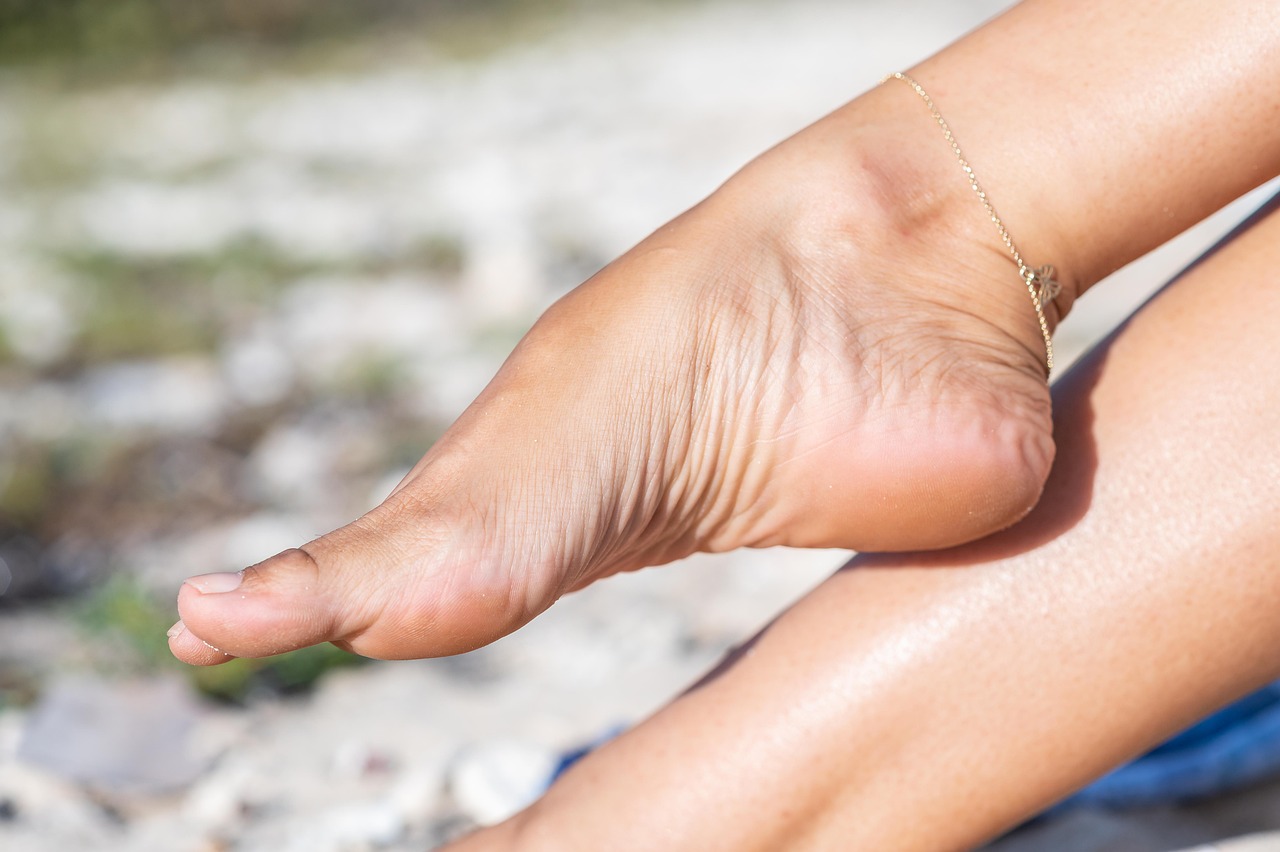Body Wellness - Part 2
The Importance of Regular Exercise for Physical Health
Regular exercise is crucial for maintaining good physical health and overall well-being. It offers a wide range of benefits that can improve your quality of life and reduce the risk of various health conditions. Let's explore why incorporating regular exercise into your routine is so important.
Benefits of Exercise:
1. Improved Cardiovascular Health
Exercise helps strengthen the heart muscle, improves circulation, and can lower blood pressure. This reduces the risk of heart disease and stroke.
2. Weight Management
Regular physical activity helps in maintaining a healthy weight by burning calories and boosting metabolism. It also aids in building muscle mass.
3. Enhanced Mental Health
Exercise is known to release endorphins, the feel-good hormones, which can reduce feelings of stress, anxiety, and depression. It also improves sleep quality.
4. Stronger Muscles and Bones
Engaging in strength training exercises can help increase muscle mass and strengthen bones, reducing the risk of osteoporosis and fractures.
5. Increased Energy Levels
Regular physical activity boosts energy levels, making you feel more alert and focused throughout the day.
Tips for Getting Started:
- Start Slow: Begin with low-impact exercises and gradually increase the intensity.
- Choose Activities You Enjoy: Whether it's jogging, swimming, yoga, or dancing, pick activities that you find fun and engaging.
- Stay Consistent: Aim for at least 150 minutes of moderate-intensity exercise per week.
- Listen to Your Body: Pay attention to any discomfort or pain and adjust your workout routine accordingly.
Get Moving Today!
Remember, even small amounts of physical activity can make a big difference in your health. Consult with a healthcare provider before starting any new exercise regimen, especially if you have any existing health conditions.

Embrace the benefits of regular exercise and start your journey to a healthier, happier you!
Stay tuned for more tips on improving your physical health.
Back to Part 1